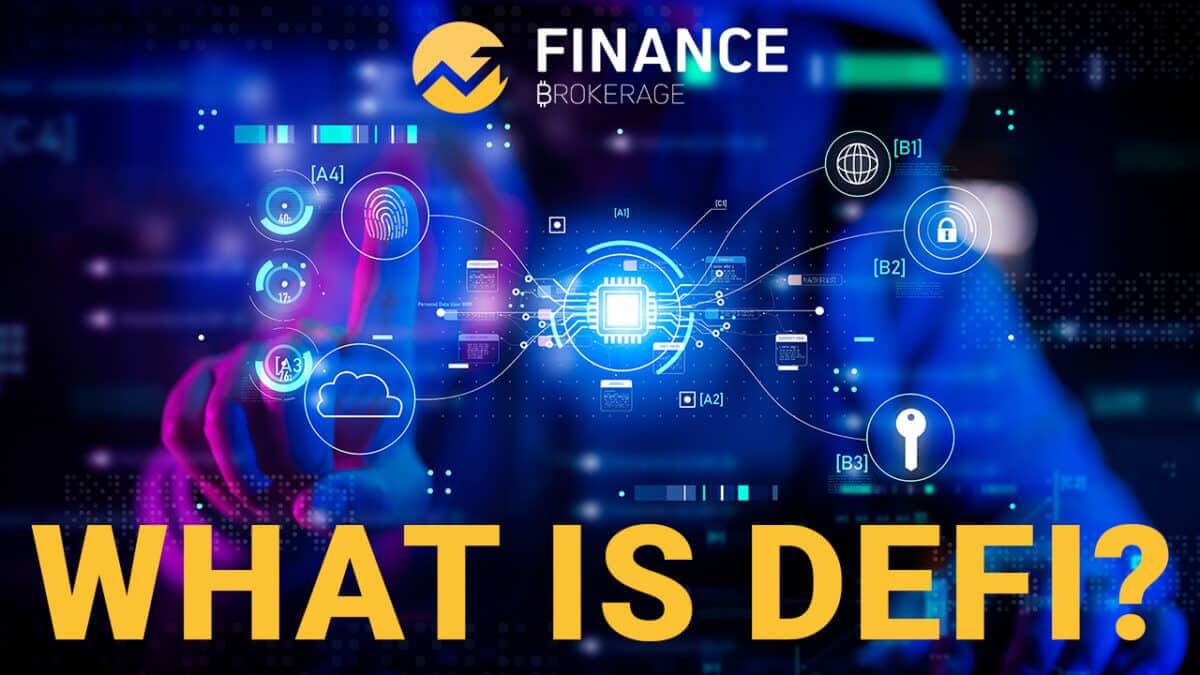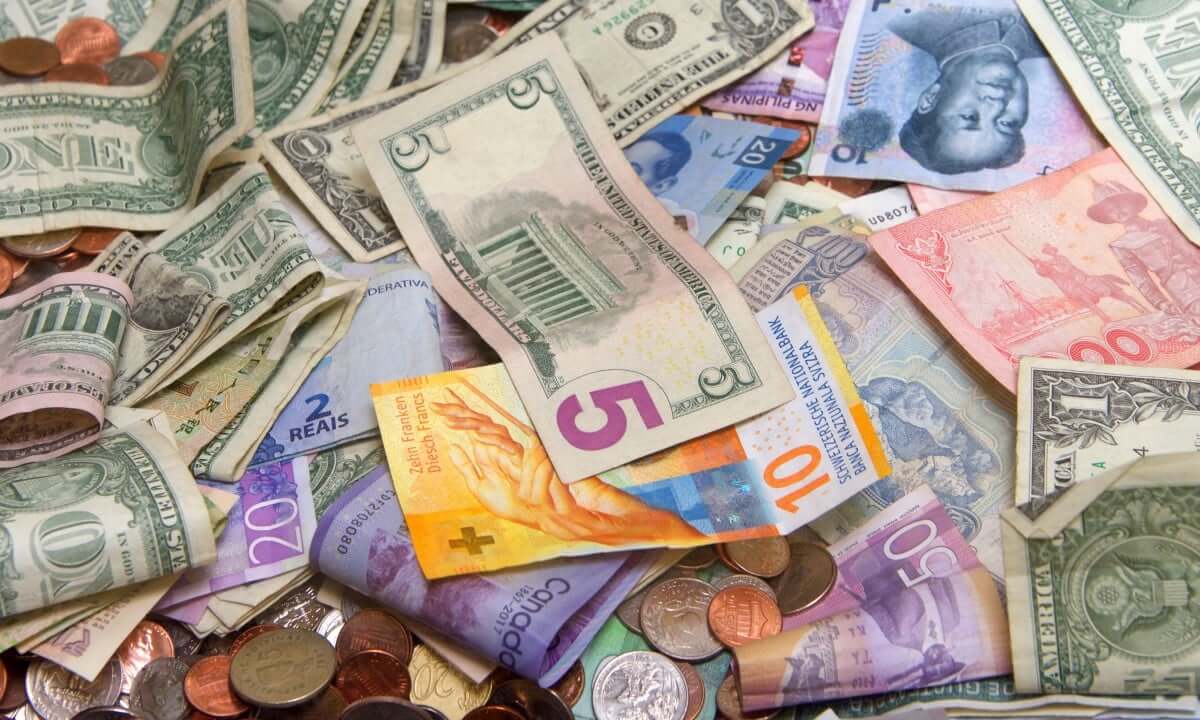What is the decentralized finance?

What is the decentralized finance?
If you have transferred money, made a payment, or bought a financial asset without the help of a bank, brokerage, or other intermediaries, then my friend, you have experienced decentralized finance.
Decentralized finance, or DeFi, is a digital financial ecosystem based on blockchain technology. With DeFi, you can buy and sell securities without a middleman, like a bank, brokerage, or exchange.
Banks and financial institutions can help you send money from one place to another, but not directly. Typically, there is a third-party service helping with the process, although this could slow down the transaction and include service fees.
DeFi eliminates such go-betweens, making the transactions direct and the asset transfers and exchanges virtually protected from tampering.
Unlike centralized finance in the crypto markets, which have a central authority, the authority in DeFi is distributed in a decentralized manner that is meant to provide traders with more control.
So if centralized finance has a boss, traders are their own bosses in DeFi. The buying, selling, loans, and payments involving cryptocurrencies can be performed without a central authority in a peer-to-peer or P2P approach.
In DeFi platforms, individual crypto traders can protect their own holdings by having control over their private keys and authentication.
Financial transactions made within DeFi are regulated under smart contracts, which are usually supported on Ethereum-based blockchains.
Traders can program a smart contract to sell cryptos at a specific price or automatically buy them once the assets hit their preferred value. Either way, the transactions are automatic and involve no middleman.
While decentralized finance has yet to provide more new things to trading and investing, it has the potential to revolutionize the way we exchange financial assets.
The post What is the decentralized finance? appeared first on FinanceBrokerage.




